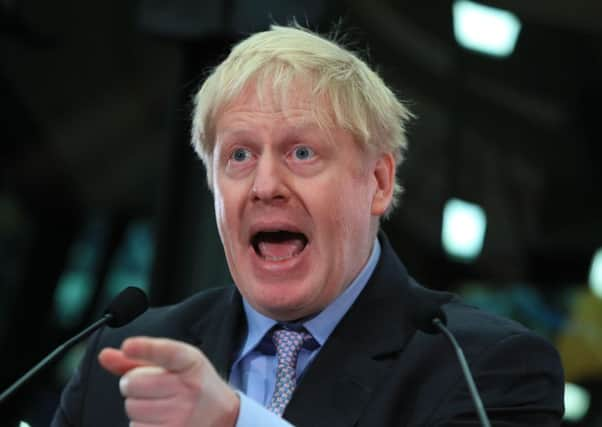Brexit: Some facts to ponder on today’s lapsed landmark – leader comment


Until this week, the United Kingdom had been due to leave the European Union at 11pm today. Theresa May’s troubles in the House of Commons have granted a temporary delay – what for some is better described as a reprieve – but still this lapsed landmark gives pause for thought about the historic step Britain remains on course to take.
The UK first tried to join what was to become the EU in 1961, but had two applications vetoed by France. However, British Governments’ persistence paid off and we finally become a member, on the third time of asking, in 1973.
Advertisement
Hide AdAdvertisement
Hide AdIt was a controversial move but, two years later, our membership was given a ringing endorsement with the “will of the people” expressed in no uncertain terms as 67 per cent of voters backed ‘remain’ in a referendum.
Britain’s economy has boomed during its time in the EU. According to three experts at Oxford University – Professor Sir David Hendry, Professor Doyne Farmer and Dr Max Roser – it has grown by 103 per cent since 1973 – more than Germany (99 per cent), the United States (97 per cent) and France (74 per cent) over the same period.
But then Brexiteers and “experts” are famously at odds. According to the leading Brexiteer Boris Johnson, the EU is “a graveyard of low growth”.
Perhaps the EU has been holding Britain back, perhaps we would have far out-performed the US and Germany if only we had not decided to throw in our lot with the liberal democracies of Europe.
Or, perhaps, Johnson’s analysis is fit only for the side of a Brexit battle bus.
Of course, leaving the EU is about much more than economics. Ending “immigration” from the EU – otherwise known as “the free movement of people” – was one of the Brexit campaign’s central messages.
Our Westminster correspondent, Paris Gourtsoyannis, today eloquently describes what that feels like as an EU citizen who has lived his entire adult life in the UK and who grew up watching Blue Peter and Byker Grove. The sadness he describes is felt by many, whether they are relatively recent arrivals or British born-and-bred.
As the clock ticks down to tonight’s non-deadline, Remainers and Brexiteers alike should acknowledge the seriousness of what may be about to happen and, if it does, commit to do their best to make it as painless as possible for all concerned.
